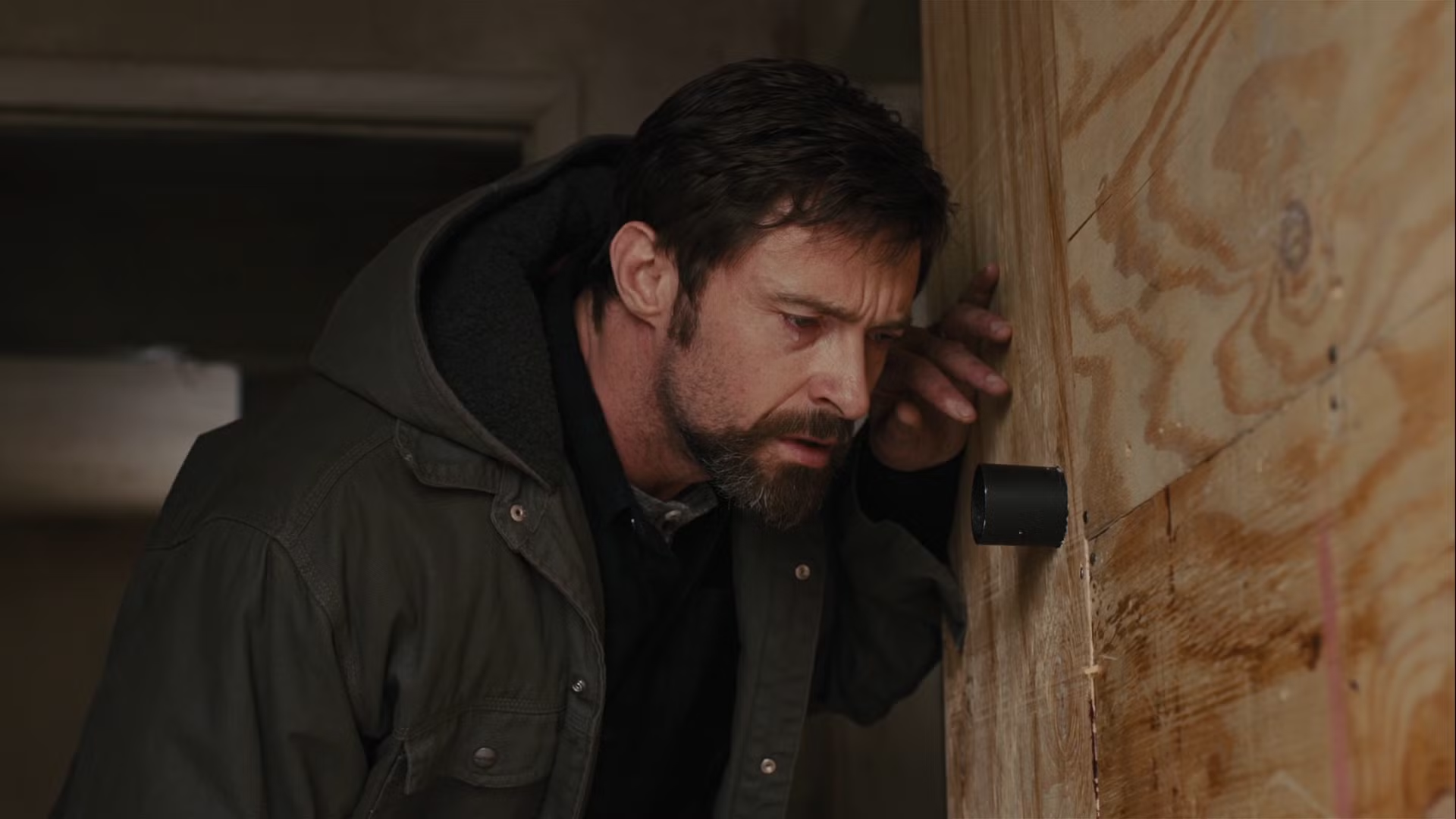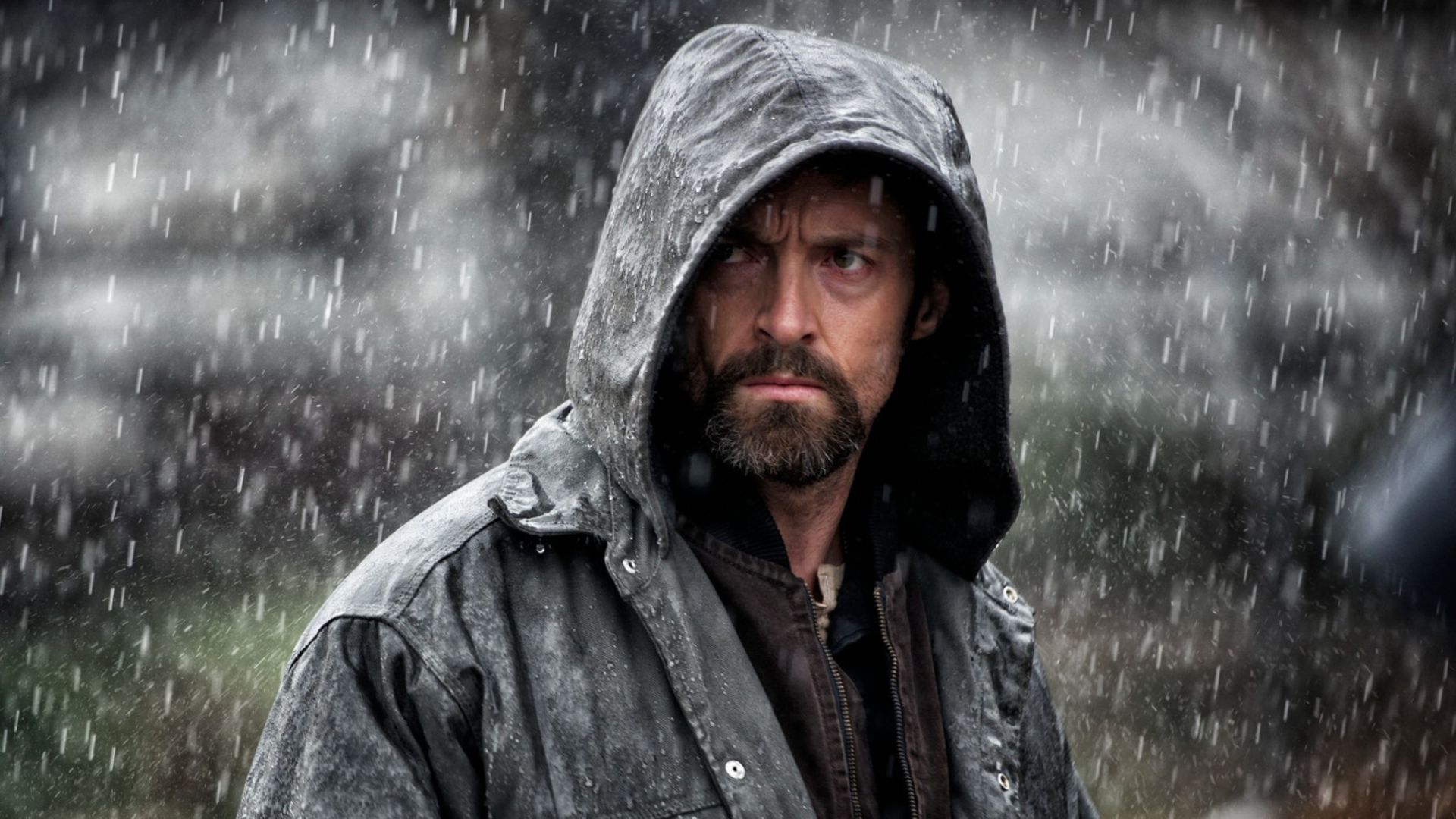
Over ten years ago, Denis Villeneuve’s Prisoners premiered, showcasing a powerfully haunting performance by Hugh Jackman. He played Keller Dover, a father driven to desperate measures and taking the law into his own hands when his daughter and a friend are kidnapped on Thanksgiving. Many consider this one of Jackman’s best roles, matching the raw intensity he brought to Logan. He was also supported by a fantastic cast, including Jake Gyllenhaal, Viola Davis, and Paul Dano. The film delves into the complex ethics of revenge, and Jackman’s relentless pursuit of justice is far from simple, portraying him as a ruthless man who clashes with the legal system.
The movie Prisoners is a complex thriller exploring themes of revenge, family, and the extreme lengths people will go to when faced with injustice. Because it’s such an intense and gripping film, viewers might have overlooked some key details. The ending, intentionally somewhat unclear, surprised many and left them with unanswered questions. To clarify those final moments and the events leading up to them, here’s a complete breakdown of the ending of Prisoners.
‘Prisoners’ Weaves a Dark, Inspired Tale of Revenge
Warner Bros. Pictures
This thriller, set in a small Pennsylvania town, centers on Keller Dover (Hugh Jackman), a devout father desperately searching for his missing daughter. The film taps into a universal fear and becomes increasingly intense as a wider network of child abductions is revealed. Though the movie feels incredibly realistic in its depiction of these terrible crimes, it’s actually a work of fiction. This might surprise viewers, considering the director previously made the controversial film Polytechnique (2009), which was based on the real-life Montreal massacre of 1989.
The film Prisoners features an original screenplay by Aaron Guzikowski, not based on any true story. Director Denis Villeneuve told UPI he was drawn to the script’s depth, explaining that it explores the emotional and psychological limits of its characters, who are all “trapped” by their own issues and pasts. He highlighted the script’s complexity, noting that the film features multiple levels of confinement, both literal and figurative. Despite Villeneuve’s skillful direction, the film’s layered narrative leaves audiences with lingering questions.
A “War on God” Becomes the Central Focus of Crime in ‘Prisoners’
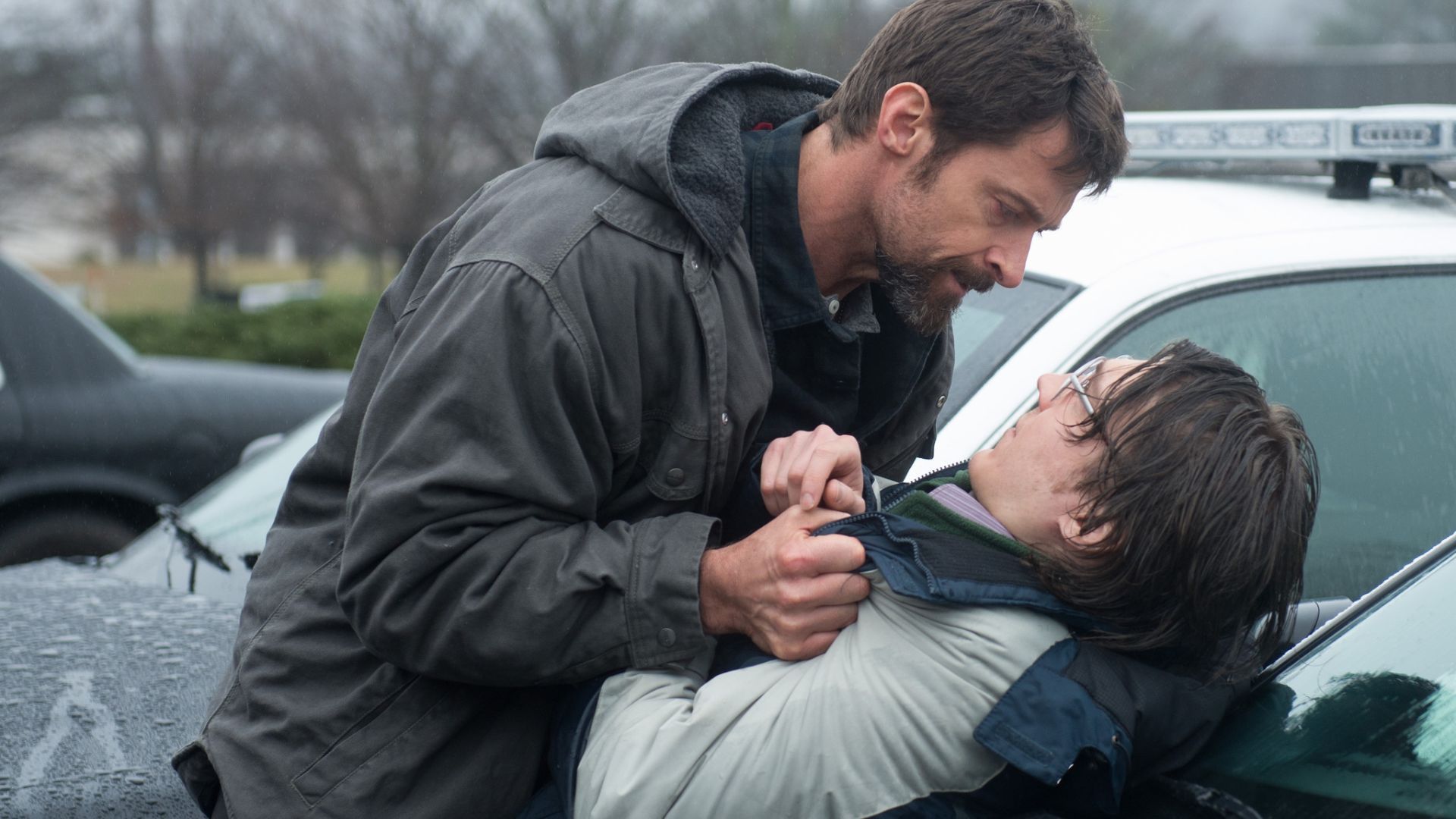
Warner Bros. Pictures
When Keller Dover’s daughter went missing, he became convinced that a young man driving a suspicious camper van was involved. Driven by anger and desperation, Dover attacked the man, Alex (Paul Dano), shortly after the police released him. While holding Alex down, Alex mentioned the girls only cried when he left, which Dover took as proof he needed to take justice into his own hands. Dover then kidnapped Alex, holding him in an abandoned building and torturing him for days. Later, Dover discovered that Alex had actually been comforting the girls while their real kidnapper, posing as his aunt, took them.
I remember when Dover showed up at Alex and Holly’s, supposedly to apologize for hurting Alex. But it quickly became clear he wasn’t there for forgiveness – he was checking the place out, looking for any sign of the girls. It wasn’t until he came back a second time that the truly horrifying story came out. Holly explained that after losing their son to cancer, she and her husband lost their faith and decided to actively fight against God. Their plan was twisted: they needed to create demons, and they believed they could do that by kidnapping children, figuring the parents would eventually abandon their faith. Holly confessed that Alex was their very first victim, and Taylor – the guy who lied about what happened to the girls – was actually the second.
What Exactly Happened to Holly’s Husband in ‘Prisoners’?
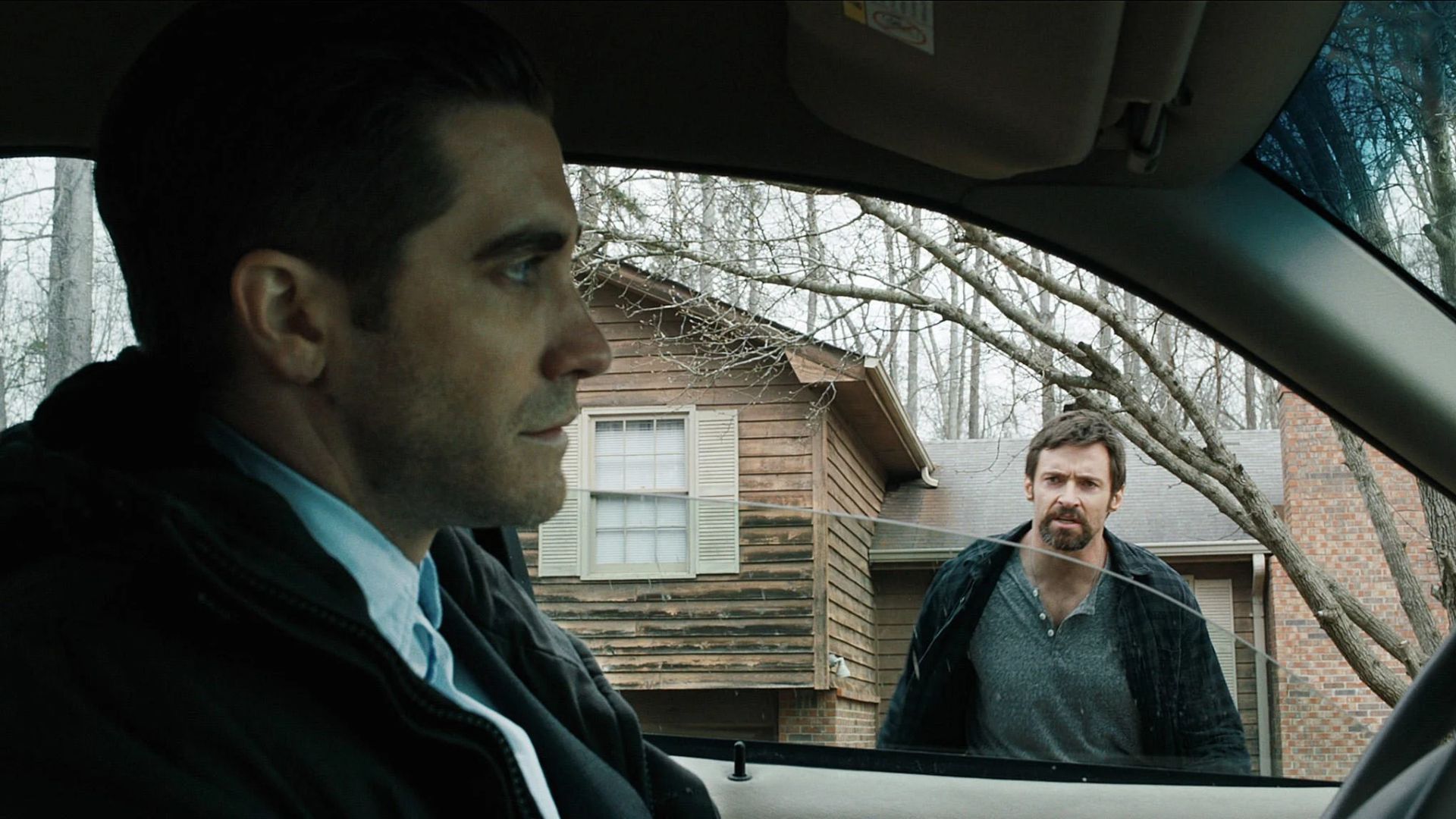
Warner Bros. Pictures
Following the girls’ disappearance, Detective Loki (Jake Gyllenhaal) searched the homes of known sex offenders for clues. In a secret basement at Father Patrick Dunn’s house, he discovered a mummified body with a maze-like medallion around its neck. Loki then forced a heavily intoxicated Father Patrick to identify the body, but the priest insisted he didn’t know the man. The man had confessed during a confession to having murdered sixteen children previously. Father Patrick claimed he felt compelled to stop the killer, so he brought him home and killed him.
Dover learned that Holly and her family used to be deeply religious when he first visited her. On his second visit, she shockingly confessed that after her son died, she and her husband began kidnapping children – some, like Alex and Taylor, didn’t survive. After her husband vanished, Holly continued this twisted mission on her own. However, her husband didn’t just disappear; Father Patrick killed him, rightfully so. Interestingly, the maze pattern on a medallion found with a mummified man matched the drawings Taylor, one of the kidnapped children, was fixated on.
The Ambiguous Ending of ‘Prisoners’ Explained
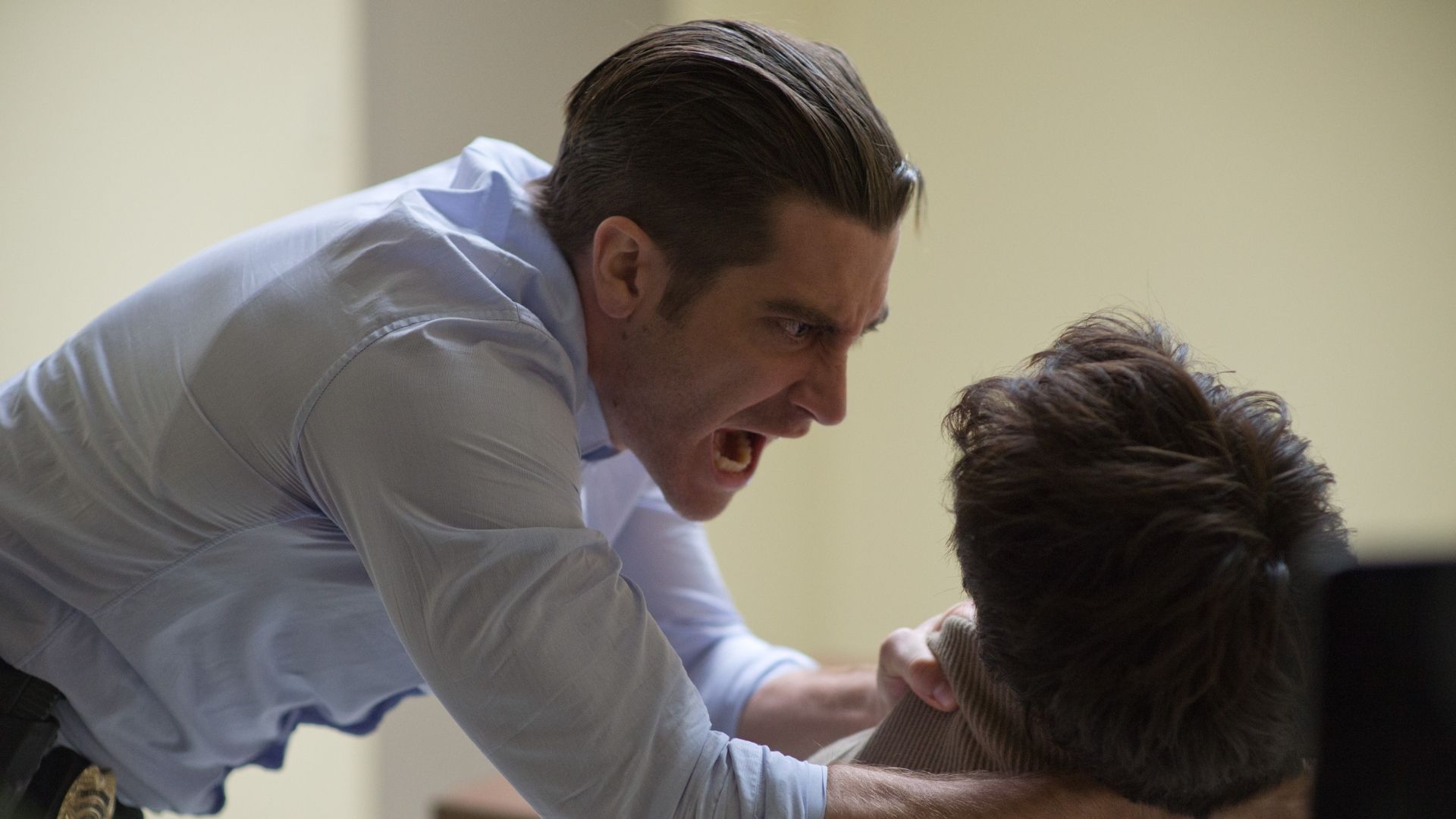
Warner Bros.
In the end, Holly is fatally shot by Detective Loki. Anna is happily reunited with her mother and brother, and Alex returns to his family. However, Dover remains stuck in the hole beneath Holly’s car. As Loki finishes examining the scene, preparing to close the case, he hears a quiet whistle. Unaware it’s coming from the nearby Dover, the credits roll, leaving the story unresolved.
The film’s ambiguous ending has sparked two main interpretations. The most common view is that Keller Dover is saved by Detective Loki, suggested by the distant whistle he hears. However, a more somber reading suggests the whistle doesn’t signal a rescue; Loki doesn’t appear to respond, implying Dover is left to die. This darker interpretation fits with the film’s overall morally complex nature, bleak atmosphere, and focus on the devastating consequences of being held captive.
The ending of Prisoners is intentionally open to interpretation, and while some viewers might find that frustrating, it actually works really well. The show keeps you guessing and anxious, so it feels right that the ending doesn’t offer a completely neat resolution, leaving you to wonder what if the missing boy is never found. The creators were worried the studio might ask for a more conclusive ending, so they filmed a scene where the boy is found (according to ScreenRant). Ultimately, though, they were able to keep the ambiguous ending that has generated so much discussion and praise from fans.
You can’t currently stream “Prisoners,” but you can still watch it by renting or buying it on platforms like YouTube, Apple TV, and Prime Video.
Read More
- Deathstroke Takes On An Epic Sci-Fi Villain In This Brutal Crossover Event
- 6 Years Ago, Star Wars Debuted Its Most Wasted Villain In Franchise History
- Spider-Man 4 Might Feature [Spoiler]’s MCU Debut — Report
- Dwayne Johnson Was Super Stressed The Morning Golden Globes Noms Came Out. How Ryan Coogler Made His Day
- Доллар обгонит юань? Эксперты раскрыли неожиданный сценарий
- Прогноз криптовалюты ADA: прогнозы цены ADA
- Серебро прогноз
- Tim Burton’s Lost Jurassic Park Movie Is Sci-Fi’s Most Frustrating Missed Opportunity
- Superman Sequel ‘Man of Tomorrow’ Officially Announced by James Gunn With 2027 Release Date
- One of the Most “Exciting” Paranormal Adventure TV Shows of the Decade Sets Season 11 Release Date on HBO Max
2025-11-10 05:49
